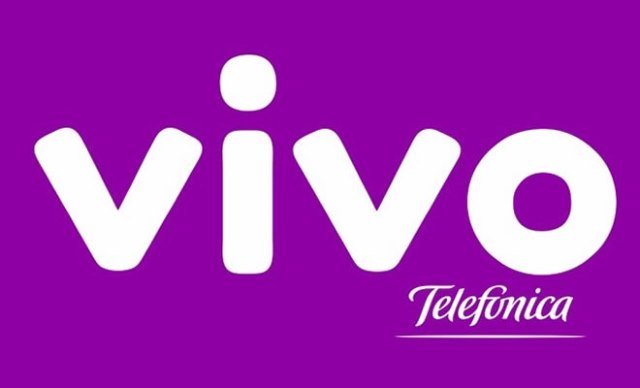Telefonica Brasil, which operates under the Vivo brand, posted a 5.1 percent drop in revenue, driven by both mobile and landline services, while store closures led to 41 percent decrease in smartphone sales.
 Brazil’s largest wireless carrier posted a net profit of 1.113 billion reais or $215.98 million, down 21.6 percent from a year ago.
Brazil’s largest wireless carrier posted a net profit of 1.113 billion reais or $215.98 million, down 21.6 percent from a year ago.
“The scenario was challenging as the economic slowdown hit our business and fuelled uncertainties. April was particularly tough, May a bit less and things only started to get better as of June,” Telefonica Brasil CEO Christian Gebara said.
Christian Gebara said 80 percent of Vivo’s stores have reopened and said demand for mobile services, particularly pre-paid, is picking up.
The telecom carrier has been mulling alternatives to accelerate the expansion of its fiber network while limiting investments.
Vivo said it plans to create an independent unit to build and offer a neutral fiber network to wholesale customers. Credit Suisse analysts praised the move, saying it could create a more efficient capital structure.
Parent company Telefonica will be Vivo’s initial partner in the new vehicle but it will seek at least one more investor by year-end, according to Gebara.
“The goal for this unit is to start operations in 2021 and reach 5 million homes within four years,” the CEO said.
Vivo is also bidding together with rivals TIM SA and America Movil’s Claro for bankrupt Oi’s mobile unit. The three presented a new 16.5 billion-real bid on Monday night, which Gebara called a reasonable offer.
